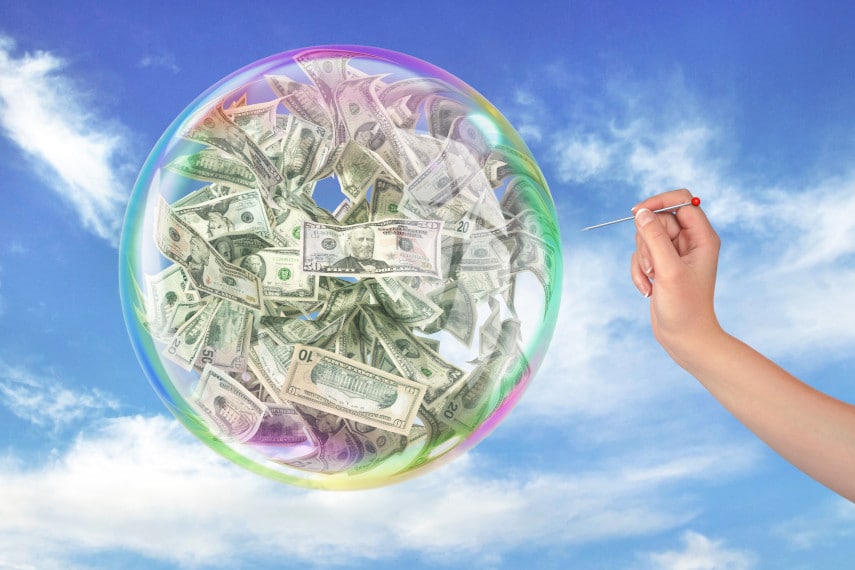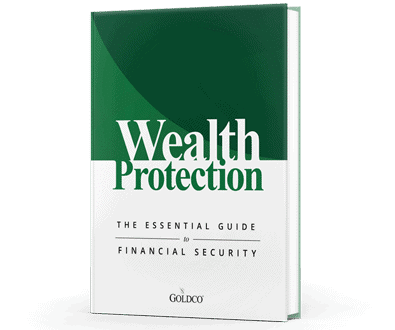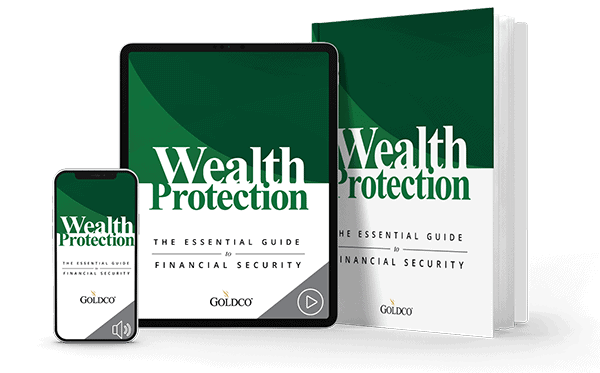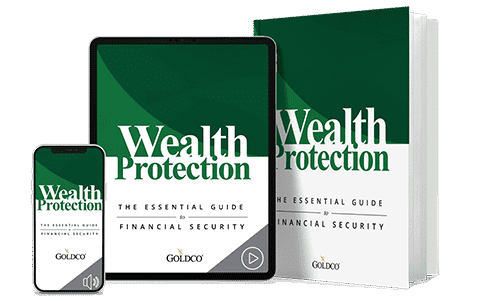War’s Effects on Gold, Oil, and Markets
If you had told someone at the beginning of 2022 that Russia would invade Ukraine, they wouldn’t have believed you The idea that in this day and age any country would just unilaterally attack...
Economy

To say that stock markets have been euphoric in recent weeks is a bit of an understatement. Both the Dow Jones Industrial Average and the S&P 500 have hit all-time highs recently, as investors are piling into equities due to the AI boom. But how long will this last?
For people who remember the 1980s and what happened with Japan, what happened with the dotcom bubble in 2000, and what happened with the housing bubble in the mid-2000s through the 2008 financial crisis, what’s going on today in markets seems to have all the hallmarks of a classic bubble.
When that bubble bursts, a lot of people are going to get left holding the bag, and could suffer financially as a result. But will this bursting bubble impact the broader market?
Whereas FAANG was the buzzword a few years ago, today it’s the magnificent seven: Apple, Alphabet (Google), Amazon, Nvidia, Tesla, Microsoft, and Meta (Facebook). These seven stocks have been responsible for the lion’s share of stock market performance.
Microsoft, Apple, Alphabet, Amazon, and Nvidia alone make up nearly 25% of the S&P 500’s market capitalization, and the magnificent seven as a whole are bigger than every other stock market in the world. In fact, Nvidia by itself is worth more than the entire Chinese stock market itself, and at one point its market capitalization exceeded $2 trillion.
If that sounds dangerous and absurd, that’s for good reason. Anytime there’s concentration like that in the market, you have to wonder when the bottom is about to drop out.
Remember the Japanese real estate and stock market bubble of the 1980s? Back then, 9 out of 10 of the world’s largest banks were Japanese. The Tokyo Stock Exchange made up half of the world’s stock market capitalization. And the Japanese real estate market was worth four times the entire US real estate market.
Back then everyone thought the Japanese would take over, and that Japan would become the world’s economic powerhouse. Of course, that bubble burst very badly, and the consequences of it impacted Japan for more than two decades.
Later on, the dotcom bubble saw hyped technology companies increasing their market valuations to levels exponentially higher than their revenues. When that bubble finally burst in 2000, the Nasdaq index lost over 75% of its value, and didn’t reach those bubble levels again until 15 years later.
Even major companies like Microsoft and Oracle were impacted by the collapse of the dotcom bubble. And others, like Amazon, lost over 90% of their value.
Both of these bubbles have cautionary lessons, but it seems that many people today have thrown caution to the wind. Whether that’s because people have given in to euphoria, or whether they’re looking for any growth opportunity in a period of high inflation, the current market situation brings back strong memories of times past.
It could also be that many people think the danger is over. We’ve been hearing calls for recession for the past couple of years, as everyone expects the bubble to burst.
And because the bubble hasn’t burst yet, many people now think it won’t ever burst. Maybe they’re beginning to think that this time really is different, that this time the Federal Reserve really will engineer a soft landing. And with all the cash that has been sitting on the sidelines waiting for the recession, there’s certainly a lot of fuel to feed this bubble.
But we were told during the Japanese bubble and the dotcom bubble that this time was different too. And of course, it wasn’t.
Nor was it different in 1929, when the great Wall Street crash defied those who thought that time was different too. Today we’re hearing in some corners that this time is different, but guess what? This time isn’t different either.
It’s one thing to see a bubble, but it’s another thing to predict when it’s going to burst. No one can predict the future.
But when a single company’s valuation explodes to the point where it’s larger than major nations’ stock markets, that can’t be sustainable. The only question is who is going to be left holding shares when their valuation falls back to earth.
Of course that also brings up some other questions. Is this just a problem with one stock or with the magnificent seven, or is it a problem with the entire market as a whole?
If Nvidia comes crashing back down to earth, will it be an isolated case, or will it take others with it? That’s what everyone wants to know.
The fear is that once this AI boom turns to bust, we could see a return to a dotcom-era collapse. And that could mean that markets come crashing down as panic and fear of loss take hold.
Remember in 2008, when we heard that the economy was just fine and that weakness in the housing market wouldn’t impact the greater economy? Meanwhile, the recession had actually already begun in December 2007.
That sounds eerily similar to what’s happening today, as companies throughout the country are cutting thousands of jobs. But all we hear from Washington and Wall Street is how strong the economy is and how much GDP is growing.
If you’re worried about the danger of recession, and you want to protect your wealth, now is the time to start thinking about it. With such a massive bubble building up in the economy, the risk of a massive implosion can’t be ignored.
What would happen if markets lost over 50% of their value, like they did during the 2008 crisis? What about if markets lost 70-80% or more, like many stocks did during the dotcom collapse? Could you afford to recover financially from such a disaster?
Many people have already taken steps to safeguard their well-being, including by buying precious metals like gold and silver. Gold and silver have served as safe haven assets for centuries, and remain trusted assets to maintain wealth and protect against recession, inflation, and financial turmoil.
With over $2 billion in precious metals placements and over 5,000 5-star reviews, Goldco has worked hard to make ourselves one of the best gold companies in the country. From sourcing gold and silver coins direct from mints around the world, to providing exceptional customer service, we work hard to make sure that our customers are satisfied with the gold and silver they buy from us.
If you’re looking to buy gold and silver to help protect yourself against the coming recession, call Goldco today to learn more about the ways you can benefit from gold and silver.



